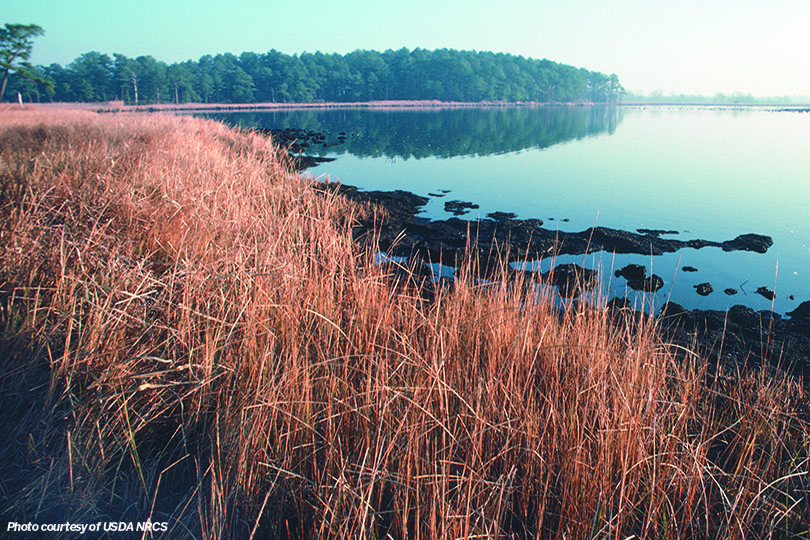The U.S. Supreme Court decided today not to review the American Farm Bureau Federation’s (AFBF) challenge on the Environmental Protection Agency’s (EPA) plan to reduce nonpoint source pollution in the Chesapeake Bay watershed.
The justices let stand the 3rd Circuit Court of Appeals opinion, one of the first major decisions following Justice Antonin Scalia’s death.
Multiple organizations, along with AFBF, filed a petition challenging the Total Maximum Daily Load (TMDL), which was put in place by EPA through the Clean Water Act. According to Agri-Pulse, 22 states and 92 members of Congress filed friend-of-the-court briefs in support of the petition.
AFBF President Zippy Duvall says agriculture is disappointed in the decision.
“We, of course, are disappointed by the Supreme Court’s decision not to examine the lawfulness of EPA’s Chesapeake Bay ‘blueprint.’ EPA has asserted the power to sit as a federal zoning board, dictating which land can be farmed and where homes, roads and schools can be built,” Duvall said. “We remain firm in opposing this unlawful expansion of EPA’s power. We will closely monitor the agency’s actions in connection with the Bay blueprint, as well as any efforts to impose similar mandates in other areas. This lawsuit has ended, but the larger battle over the scope of EPA’s power is not over.”
“Farmers are justifiably proud of their successes in reducing agriculture’s impact on water quality in the Chesapeake Bay, and they remain committed to further improvements. We will continue to support state and local programs to improve agriculture’s environmental performance, and we will continue to oppose EPA overreach,” Duvall said.

